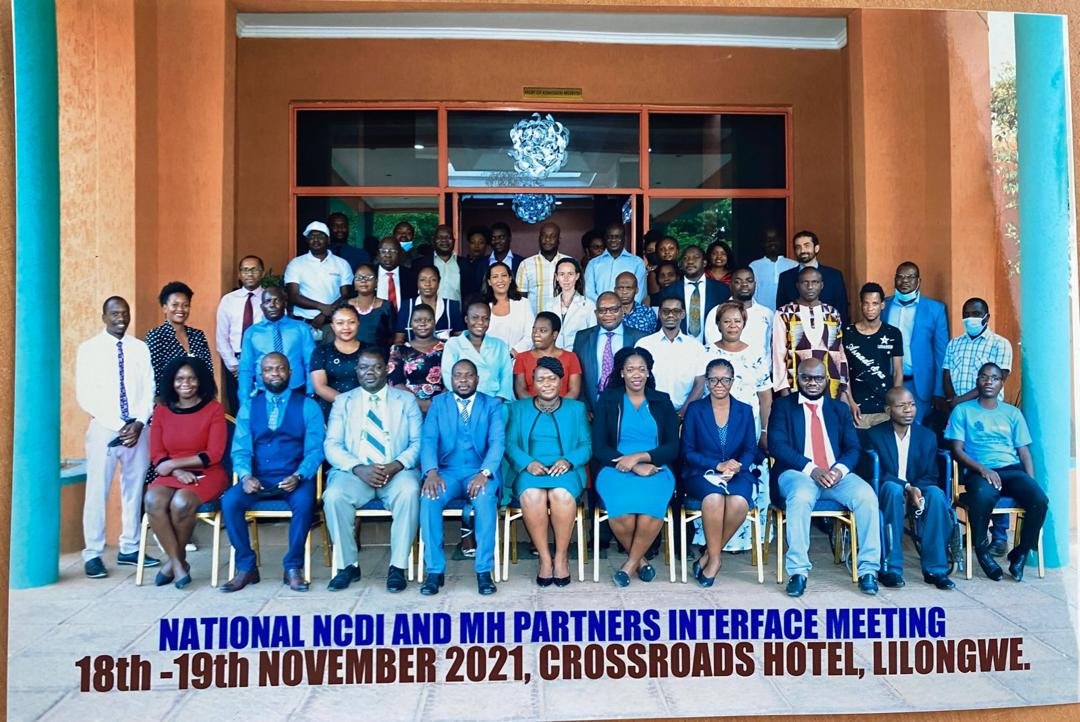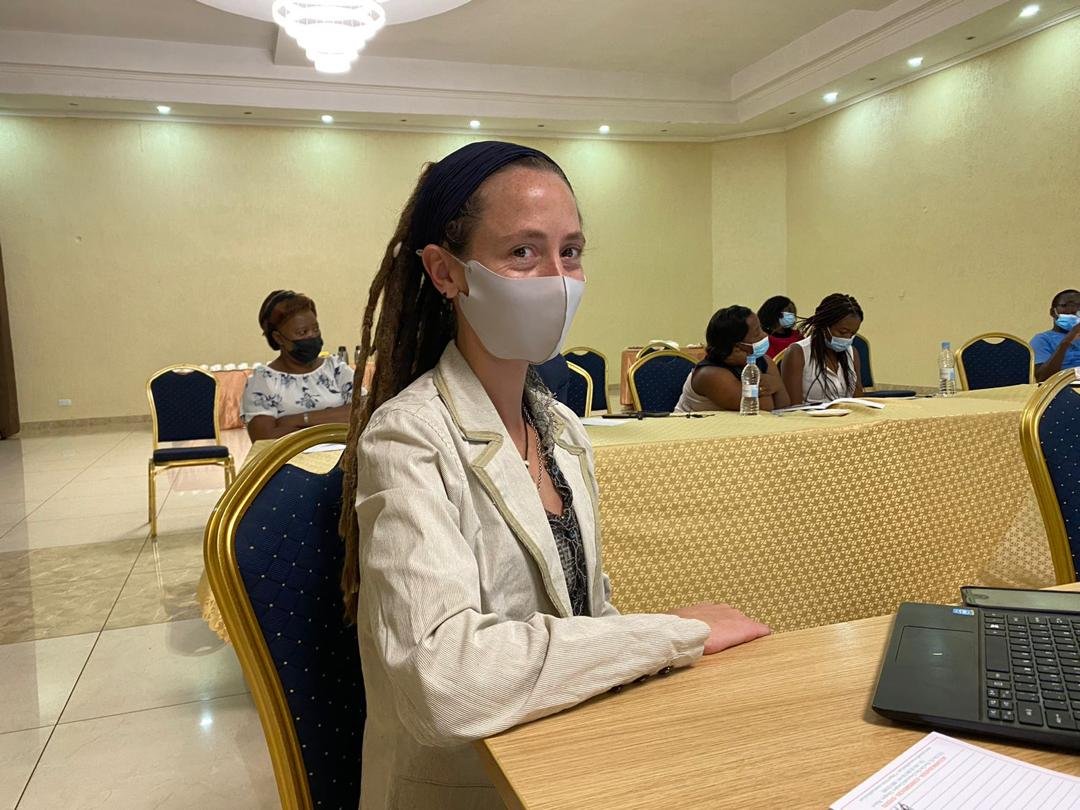Noncommunicable diseases (NCDs) are those that cannot be passed from one person to another. Examples include diabetes, hypertension, cardiovascular disease, respiratory disease, epilepsy, blood disorders, cancers, pediatric cancers, and mental health, among others.
As of now, 30% of conditions seen at health facilities in Malawi are NCDs, although awareness is still lacking among patients and healthcare staff.
As the Ministry of Health (MoH), healthcare facilities, companies, and nonprofits continue to expand their effort to prevent and treat NCDs, coordination and planning is vital to the success of all efforts.
On November 18 and 19, 2021, the Malawi MoH’s NCDn Unit invited AHA and other partner organizations to a partnership mapping meeting at Crossroads Hotel in Lilongwe. AHA’s Global Health Fellow Angela attended the two-day meeting, joining in to learn about the direction of policy, network, and resource map.
Prior to the meeting, each partner completed a survey about their work. The data was aggregated, shared, and discussed during the meeting. Various partners also gave presentations about their work, discussing successes, challenges, and possible ways forward,.
Since this is a broad and diverse part of the health sector, it is instrumental for partners to understand the details of each other’s work so that we can collaborate, share resources, avoid duplication, and identify gaps that still exist in this rapidly expanding field.
At a high level, the largest goal of the partners and MoH was to influence the NCD strategy for 2022-2026, currently in development. Recommendations that came out of this meeting include to decentralize NCD care and integrate NCD care with existing HIV care in chronic care clinics throughout the country. This has been successfully modeled by Partners in Health at Neno District Hospital.
Beyond medical care, there is a great need for patient support such as social emotional care; sustainable economic assistance; and financial support for food, transportation, and other challenges met by patients which affect their ability to access to treatment. Like other partners, AHA has a patient sponsorship program that provides these supports to patients with more difficult cases. We were also pleased to learn the MoH is looking at how they can address these challenges, especially transportation.
The MoH and partners also discussed the need for greater collaboration, such as having regular partnership meetings and inviting representatives from other sectors including the public education system and faith based organizations. These two sectors in particular have a very wide reach and great influence and, if properly engaged, can help with raising awareness, sharing resources, and activism on the ground.
Attendees also discussed a general lack of data or lack of accurate data as a major roadblock to resource provision. The MoH is currently developing a new digital system for patient tracking which will make use of new technology to improve data collection and availability.
Angela’s overall impression of the partners and meeting was that there are a variety of partners focusing on different NCDs, with most facing barriers to care that are similar to those found in other parts of the health sector.
The meeting provided valuable information to the MoH and partnering organizations about the direction of NCD care in Malawi, as well as idea sharing and networking for future collaborations. It was encouraging to learn more about the truly great work being done by partners, as well as learning about different strategies for meeting challenges. We appreciate the NCD unit at the MoH for coordinating and supporting this meeting, and for inviting us to be part of the wonderful time which was shared.
Coordinating all efforts to address NCDs and strategically meshing NCD prevention and treatment with existing healthcare structures is a very smart way Malawi can continue to improve the health of its citizens, and we are so proud to be involved in these discussions.


